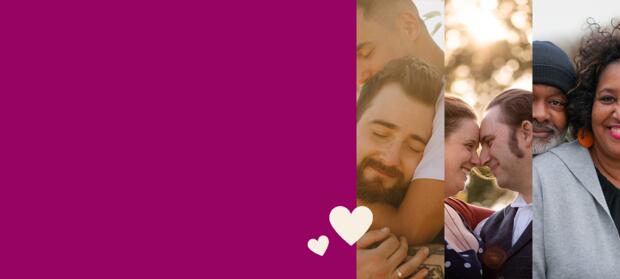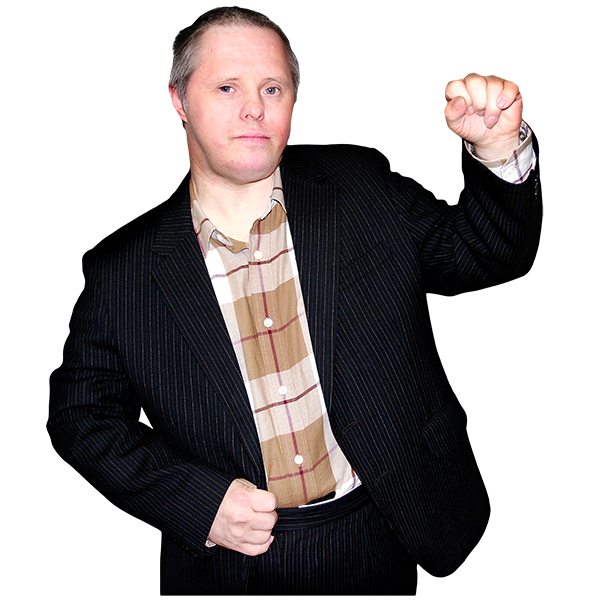Our sexuality and relationships vision for people with a learning disability
Personal and sexual
relationships
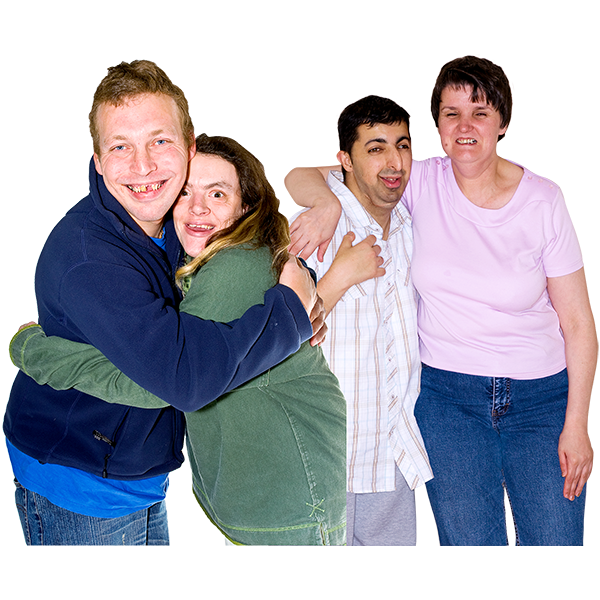 Relationships are about the people in your life. You might have different types of relationships like friendships, family relationships, or a boyfriend or girlfriend.
can bring happiness, fulfilment, companionship, love and a greater sense of freedom to the lives of people with a
learning disability
Relationships are about the people in your life. You might have different types of relationships like friendships, family relationships, or a boyfriend or girlfriend.
can bring happiness, fulfilment, companionship, love and a greater sense of freedom to the lives of people with a
learning disability
 A learning disability is to do with the way someone's brain works. It makes it harder for someone to learn, understand or do things.
.
A learning disability is to do with the way someone's brain works. It makes it harder for someone to learn, understand or do things.
.
We want a future where the sexual identity, and personal and sexual relationships of people with a learning disability, are recognised, accepted and respected.
We want individuals to be empowered to have positive, healthy, informed and safe relationships.
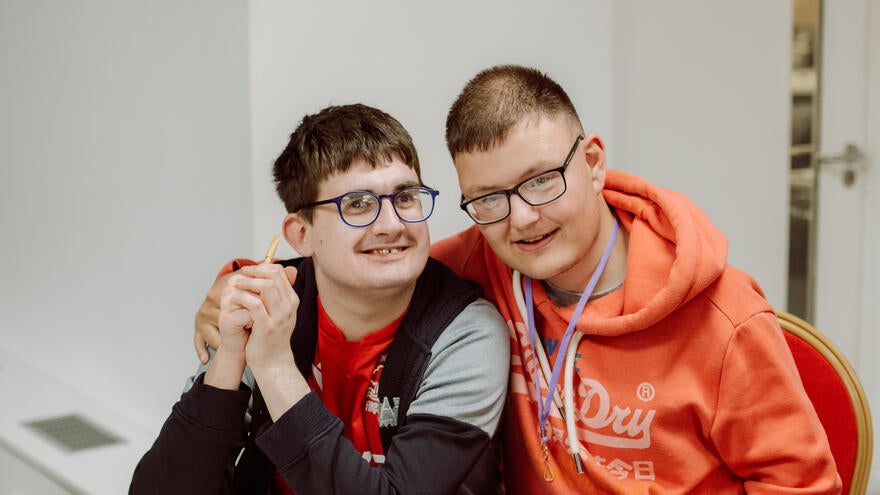
Relationship statistics for people with a learning disability
Many people with a learning disability say that relationships are important to them. But only 3% of people with a learning disability live as a couple, compared to 70% of the general adult population.
Challenges to overcome
Many people with a learning disability would like to pursue intimate or sexual relationships, but they face multiple barriers to developing such relationships. Including barriers like:
-
Meeting people is more difficult and social isolation is common.
-
People not receiving adequate relationships and sex education to give them the knowledge to have healthy friendships and relationships, and to understand their own sexuality.
-
A common lack of privacy which restricts opportunities to explore and understand sexuality.
-
The balance between the risk and rights to engage in intimate relationships often restricts their choices within family settings and other living arrangements.
Where to get support
You can always phone or email our Learning Disability Helpline for more
guidance
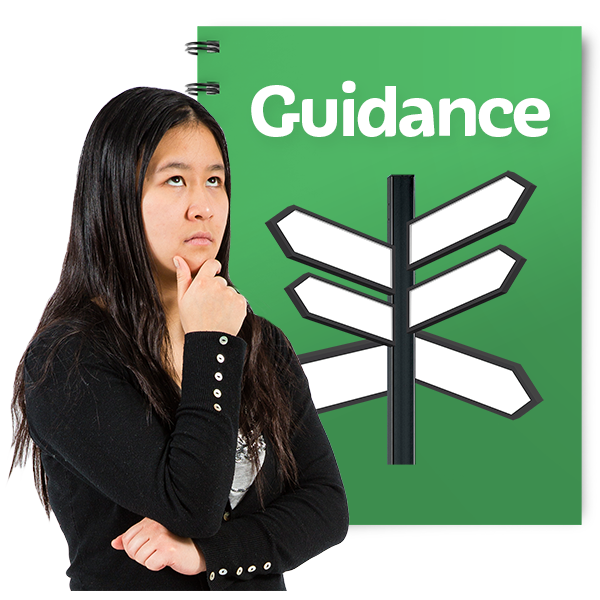 Guidance means being given clear instructions to be able to do something well.
and information.
Guidance means being given clear instructions to be able to do something well.
and information.
There is also our online
community
 A community is the people and places in an area.
where parents and family carers of people with a learning disability share their own experiences, offering advice and support.
A community is the people and places in an area.
where parents and family carers of people with a learning disability share their own experiences, offering advice and support.
